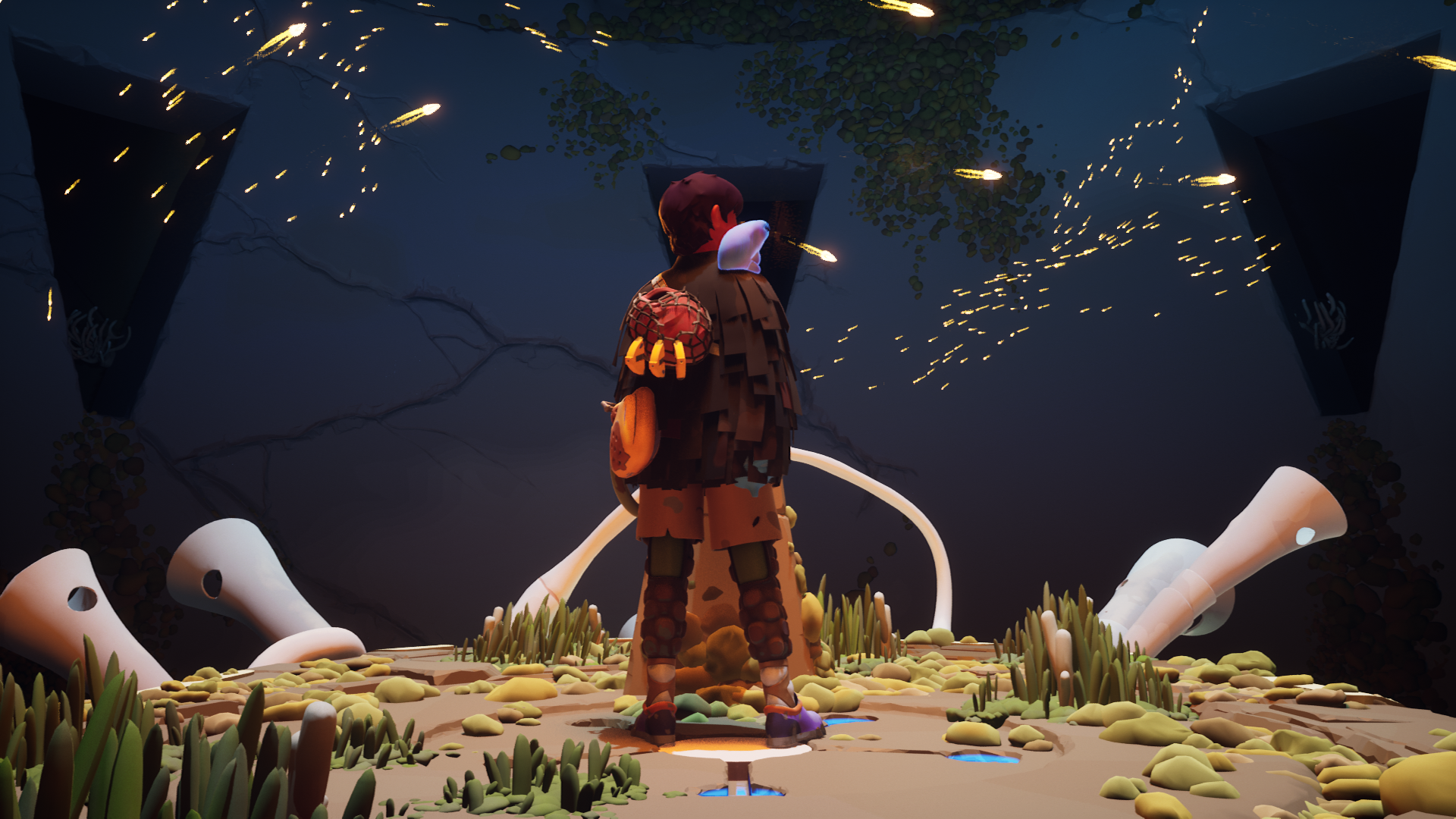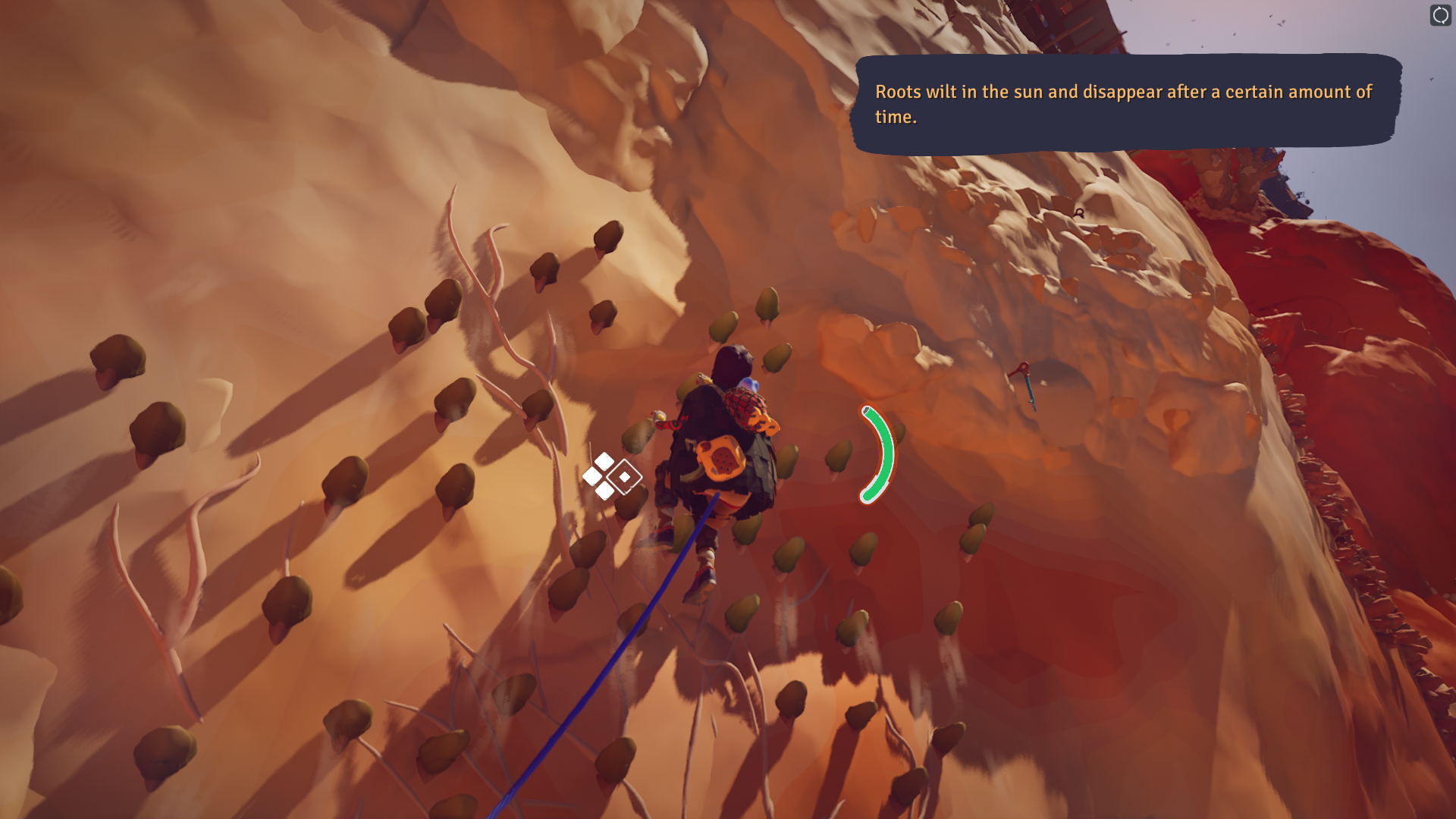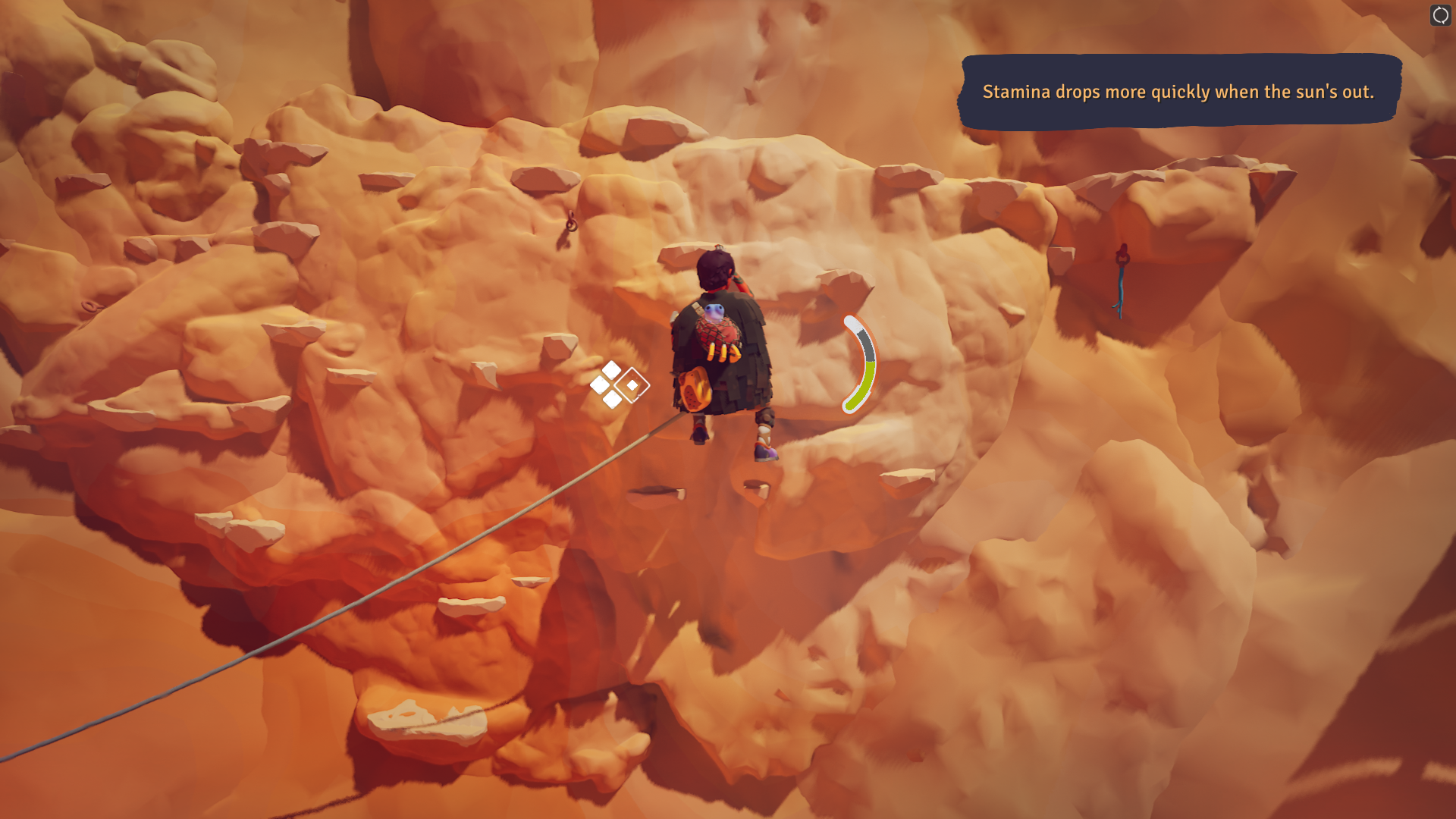
2023 was filled with phenomenal, and even historic games. Baldur’s Gate 3 and Tears of the Kingdom equally expanded the model on open-world gameplay where players have the ultimate freedom to create, modify, and decide how to overcome challenges and take their story. But let me take a pause, as not every game was this grandiose overtaking on gameplay; thousands of other titles from 2023 supplied their take regardless of the genre they participated in. For example, indie games like Sea of Stars had its take on retro RPGs, and Double AA games like HI-FI Rush gave us something unique with its harmonious experience of combat and music. I can’t dive into every title that could be seen as some of the best from 2023 just to explain how big the year was for gaming. The task would be lengthy and unnecessary for this review, but to put it into perspective if you were to fill a room of guests and each could get a game from said list at least sixty people would obtain one.
It felt like there wasn’t enough time to play them all. You probably sent a few names into your terrifying backlog with the intention that one day you´ll try it. Hopefully with some luck that happens before you add more from 2024. But, let’s not think about the tragic story of our backlogs. With that said, it is incredibly difficult to play a game that isn’t important for you, or wasn’t on your radar of games to play. Even more, considering that this specific game isn’t on the epic scale, this title is more about the importance of ordinary and modest moments.
The game I’m writing about is Jusant. Jusant was developed by DontNod, a French video game developer, and creators of other major titles like Life is Strange, Twin Mirrors or the intriguing and ghostly game Banishers: Ghosts of New Eden. Though distinct, their portfolio had nothing like Jusant. Released on October 31st of 2023, Jusant is one of a kind with a unique focus on climbing gameplay mechanics that sets the game apart from any other. When looking back at the history of upward traversal (scrambling up a mountain, or clambering from outside a train) we see almost all of them require little input from the player. By pressing a single button (X, or Cube, it doesn’t matter which one) and moving the left joystick, your character will move on a specific and predetermined route. Climbing in video games has stayed the same for a long time. Until Jusant came along and made it its mission to produce a better experience.

Jusant´s gameplay is simple. Playing with a controller your movement consists of five options. A to climb up or jump (classic), B to reel in your rope, and X to place a pivot as you climb. Lastly, your controller triggers serve as your arms. You alternate from left to right trigger to release and hold your grip from surfaces as you climb.
At the start you are slow. As any beginner would, you take your time to decide where to go, and what to hold next. Your grip must be strong as you move forward. You don’t want to take the wrong path and find yourself in need of backtracking. If you´re not careful you might fall, though you shouldn’t worry about it because by placing pivots you secure your progress. You have a total of 3 pivots at your disposal. At the start, you won’t be using them often, but as you progress, they become essential, especially when harsher weather and surface conditions come across your path. As your hands get comfortable, you look around not to find the next step on your climb, but to admire what surrounds you.
The difficulty isn´t a spectrum of options within the game. There is no hard or easy mode – you learn to move faster as you experience the game. The first level gets the player from baby steps to daring long jumps quite quickly! Everything in the game is intuitive. There is never a tutorial, other than a simple explanation like the one I gave two paragraphs ago. You simply start to wonder – What if I try this? Could I manage to jump from this point to the next one? How long can I advance without the use of pivots? The game will invite you to think outside the box, to try new things. Each chapter or stage will add a new challenge that requires you to climb differently.

Jusant was developed with a bottom-up game design in which climbing is the unique focus. Everything about it runs around the idea of going forward. Its landscapes will display the magnitude of each area, giving you a wondrous sense of elevation. Its music, especially the main theme, at the start falters to make its sound louder. It begins like small steps walking on a puddle, and slowly it progresses to garish sounds that intensify the scale of what you do. Your climbing. Even the story is centered around the climbing mechanic.
While Jusant has a few interesting story elements, it isn’t its strength or the reason why you would play the game. In the game, we play as an unknown climber who wants to discover the truth behind the disappearance of water and the magical creatures called Ballast. As you progress the plot you discover they were the ones behind the creation of water. Now our character must bring a baby ballast to the top of the mountain. We never learn the name, or background of our character. We learn about the people who used to live within the mountain and some specific names of previous travelers who were also after the Ballast. However, the game doesn’t bother to bring details or expand on the lore of the story to its full potential. Why? It doesn’t matter. The story, while magical and to some degree thought-provoking, isn’t the main concern of the game. How you feel while moving up, jumping, and traversing across the landscape is the primary focus.
The reason why YOU should play this game.
Everything about Jusant is climbing. This new experience is an alternative to a dull way of traversal that needed a refresher. Now and then, game mechanics need a new perspective on how they play. Developers ought to take up this invitation to innovate.
Since the main mechanic is a traversal element, exploring is essential. You are never told which direction is the best, what to do, or how to get to the next part. You must look around and answer your curiosity. Where does that crevice take me? What’s on the other side of the cave? How can I get to that balcony up top? Well, climb and find out. While the game does implement visual cues to indicate what surfaces can be grabbed or held, there is still space for decision-making of your own accord.

Exploration is the reason why I wanted to write a review for Jusant. While the climbing mechanic of the game is a novelty, what you´re climbing matters. The design and blend of landscapes, music, ambiance, and colors bring a lull to our movement. You see. Jusant isn’t about boldness. It is about tiny moments. I can describe it best as those moments in life when you stop to listen, watch, and admire your surroundings. Life is hectic; it is always pushing you to get to the next place, the next task, the next activity. In consequence, we become blind to what happens around us. We lose touch with our present since we are always looking forward to the next thing. Moments when life goes still and we are mesmerized about our own life, how far we´ve come, or we ask ourselves, “Where did the path go wrong?”. Those and many other questions bubble up as time goes still. That´s Jusant – That moment when everything pauses. When all your senses are alert to the passage of time. When you notice that full moon after work, when a breeze touches your face, during a friend’s meeting when you notice everyone´s smile, or (for those parents out there) when you are proud of your kids; and all you want is to hold on to that image of them forever.
And yet, time moves and waits for no one.
In Jusant I was reminded of those moments. I would often stop my climb and look around. I’d take stock of how far I’ve gone in my climb to the top, or I´d walk around idly reminiscing of a civilization long gone. I stopped and wondered at some points to just think and enjoy the music and sounds that surrounded me. While this happened in a video game, I also thought back to my own life once I closed the game. Had I stopped and looked as often as I did during Jusant? Or have I been climbing as fast as I could without appreciating my day-to-day? But profoundly, I also thought of God and my own life. Recently, I have deliberated a lot about my early adulthood years, about things I should’ve known or done. For example, about my own decisions as I started a career path. Of all the doubts, misconceptions, and also inaction I had throughout all those years, I just wanted to move forward without a clear plan. These notions surfaced and at times they would drown my day-to-day on regret. It felt like being trapped in a cycle. Just as I kept going around this pattern, I also forgot about God and His place in my life. While this is a perennial struggle and I won’t have an answer to it in this review, I find myself thankful to play Jusant, as it brought me to a stop on the loop. Truly, God works in mysterious ways.
Either way, should you play this game?
Absolutely! For the sheer curiosity to test out how fresh climbing mechanics feel in this game, or to enjoy the overall energy the game offers through its gameplay, music, sounds, and mystery; or simply because you are looking for a short game to enjoy between bigger adventures, then Jusant is the perfect option. It is an entertaining, relaxing, and pleasing game. It can be completed in less than seven hours. A quick adventure that serves as a refresher, as a tiny moment of game time.
Scoring: 76%
Gameplay: 4/5
Story: 3/5
Art and Graphics: 4/5
Music: 4/5
Replayability: 4/5
Morality/Parental Warnings
Just be careful of the character´s notes found throughout the levels of the game. In some cases some of the notes talk about violence against others, and animals. It isn´t graphic, but it is suggested as a possible scenario. In case younger kids are playing it and decide to read the notes.
